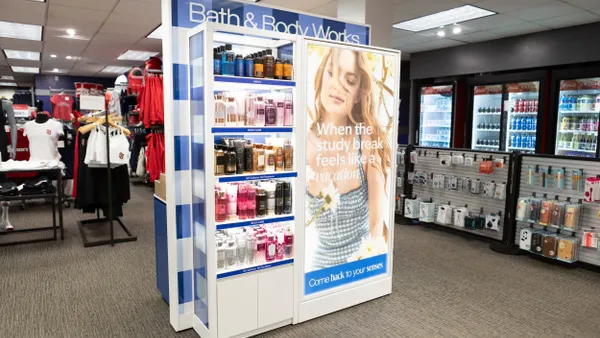Retailers are rethinking how technology intersects with business as organizations pivot to post-pandemic operations.
CTO appointments at Neiman Marcus Group, Stitch Fix and Wayfair in January highlight the central role of technology in retail while signaling the change in expectations companies have for their technology leaders.
"The leader of technology is definitely broader than it historically has been, and it's not viewed as back office as it was at one point," said Katherine Graham Shannon, a partner in Heidrick & Struggles' San Francisco office who oversees the firm's global Digital Officers and Technology Officers practices.
Neiman Marcus SVP and CTO Vijay Karthik will lead omnichannel engineering, cloud platforms, operations and reliability, and architecture. While technology-centric, the duties translate easily to core business operations.
In the expanded role, Karthik will have "more oversight on key initiatives that support our growth roadmap," said Bob Kupbens, chief product and technology officer at Neiman Marcus Group, in the announcement.
There's an ongoing shift in how technology leadership is structured inside companies, according to Suketu Gandhi, partner in the Digital Transformation practice at Kearney, a strategy and management consulting firm.
"What is happening is a clear bifurcation," Gandhi said. Cloud, infrastructure and other roles associated with keeping the lights on are separated and placed under roles such as president or a VP role.
Tech leadership now is in charge of "redesigning the business interaction with the customer," a task that can deliver differentiated value, he said.
As a sign of closer connection between technology and operations, one in 10 technology executives will have to respond to revenue-tracking performance evaluations this year, Forrester predicts. Once a rare way to measure executive efficiency, revenue goals will become more prevalent.
Executive shifts in the retail space are a sign of the ongoing evolution of how tech is distributed across leadership roles, according to Gandhi.
"Without giving it a negative connotation, I would call it a tsunami that is going to overwhelm the world of technology for the next two to three years," he said.
Profile of a retail tech chief
Retailers are still adjusting to two years of unforeseen disruption. In 2020, brands revamped operations and focused heavily on online shopping. Demand surged in 2021, but supply chain and staffing woes followed suit.
As they adjust, retail companies want tech leaders to deliver end-to-end responses to their challenges, said Shannon. This approach can be split up into three buckets:
- Experience: The digital experience a customer has when interacting with the brand.
- Insights: Using technology to gain greater insight into all aspects of business, including the consumer experience and functional areas of operations.
- Supply chain: Organizations have had to restructure their supply chain strategy, and a tech leader can help guide that effort through automation, transparency and collaboration.
The central role of technology is also changing how companies perceive executives; paths to top executive positions are emerging.
"Ten years ago, we didn't hear 'we'd love this technology leader to potentially be our succession plan for our CEO,'" Shannon said. "But that's a very real ask these days."















